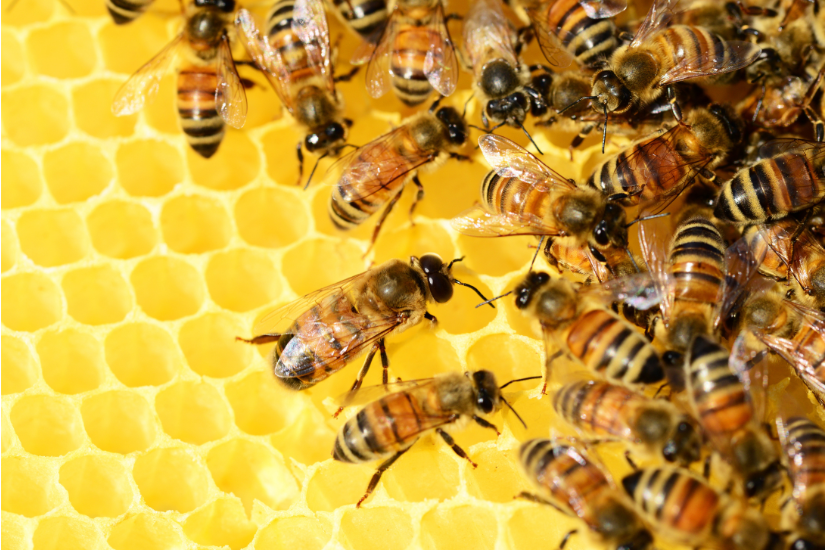
Bees and honey
What Gives Honey Immortal Shelf Life?
Have you ever wondered why honey never spoils? From ancient Egyptian tombs to centuries-old vessels in Georgia, honey has been discovered still edible after thousands of years. Its unique chemistry, combined with the way bees make it, gives honey a natural immortality that no other food can match.
Ancient Discoveries of Honey
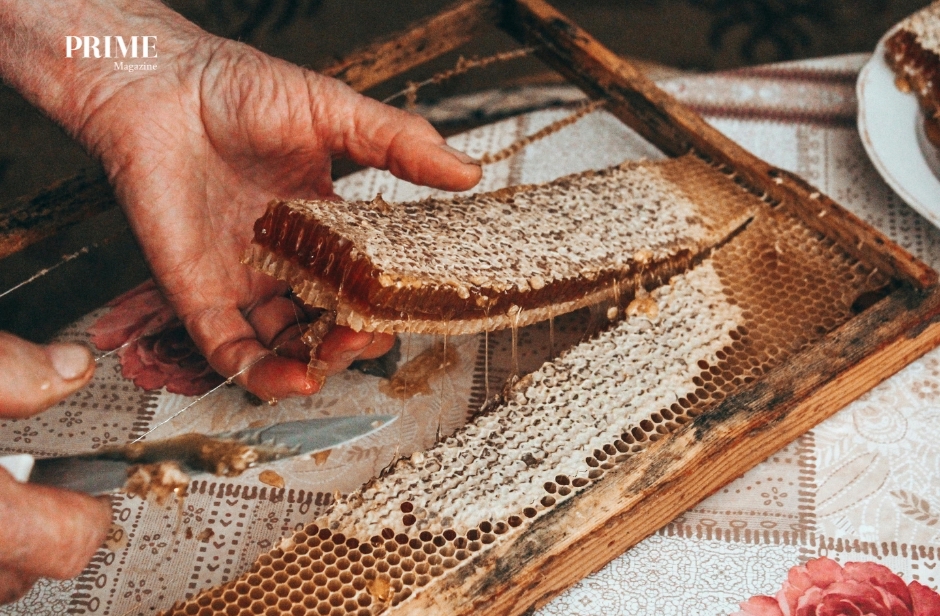
hand touching honey
Archaeologists uncovered sealed pots of honey in Egyptian tombs that were more than 3,000 years old—and still perfectly preserved. Even older traces, dating back nearly 5,000 years, were found in tombs in Georgia. These finds reveal the incredible shelf life of honey and explain why civilizations treasured it as a gift for the afterlife.
The Science Behind Honey’s Eternal Shelf Life
So, why does honey never spoil? The answer lies in three main factors:
1. Low Moisture and High Sugar
Honey is hygroscopic, meaning it contains very little water but can absorb moisture if left unsealed. This low-moisture, high-sugar environment prevents bacteria and microorganisms from surviving.
2. Natural Acidity
With a pH between 3 and 4.5, honey is acidic. This level of acidity creates a hostile environment for most spoilage-causing organisms.
3. Enzymes from Bees
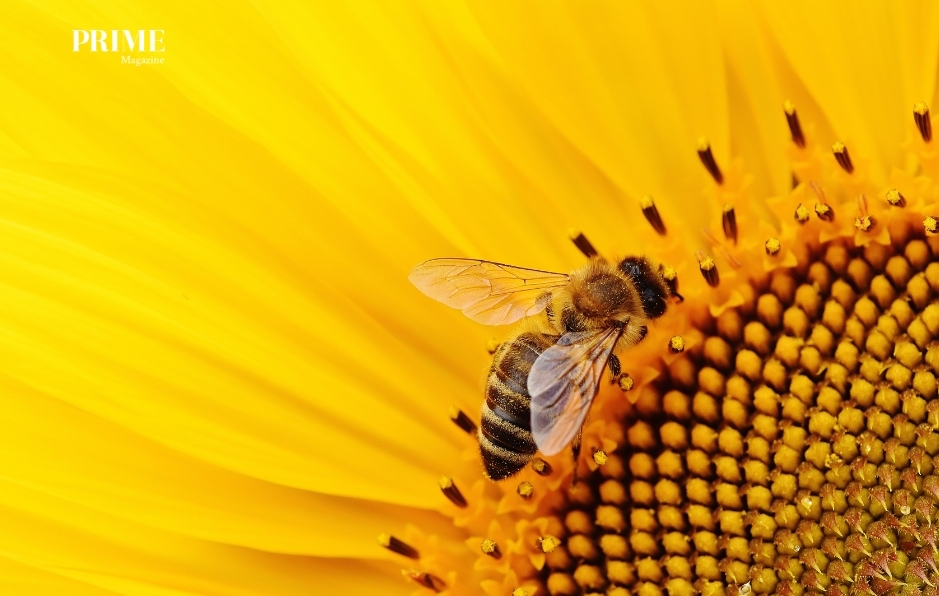
Bee sucking nectar in flower
When bees collect nectar, they add an enzyme called glucose oxidase. This enzyme breaks nectar down into gluconic acid and hydrogen peroxide—both natural preservatives. Hydrogen peroxide, in particular, adds antibacterial protection.
How Bees Help Preserve Honey
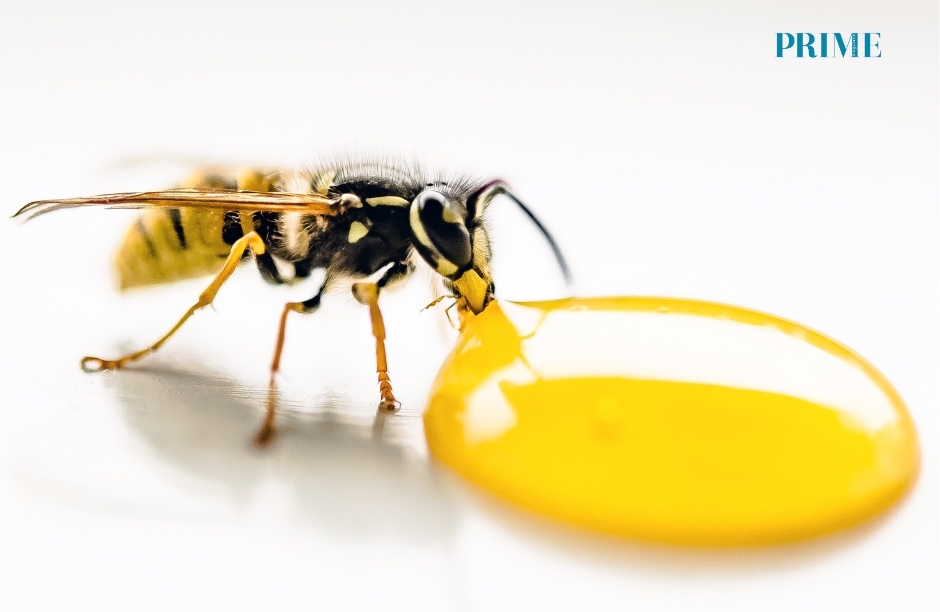
Bee sucking honey
Bees play a key role in honey preservation. Nectar starts with about 60–80% water. Bees fan their wings to dry it down to less than 20% moisture, making it thick and resistant to spoilage. Combined with their enzymes, this process turns nectar into honey with an almost eternal shelf life.
Honey as Medicine and Food
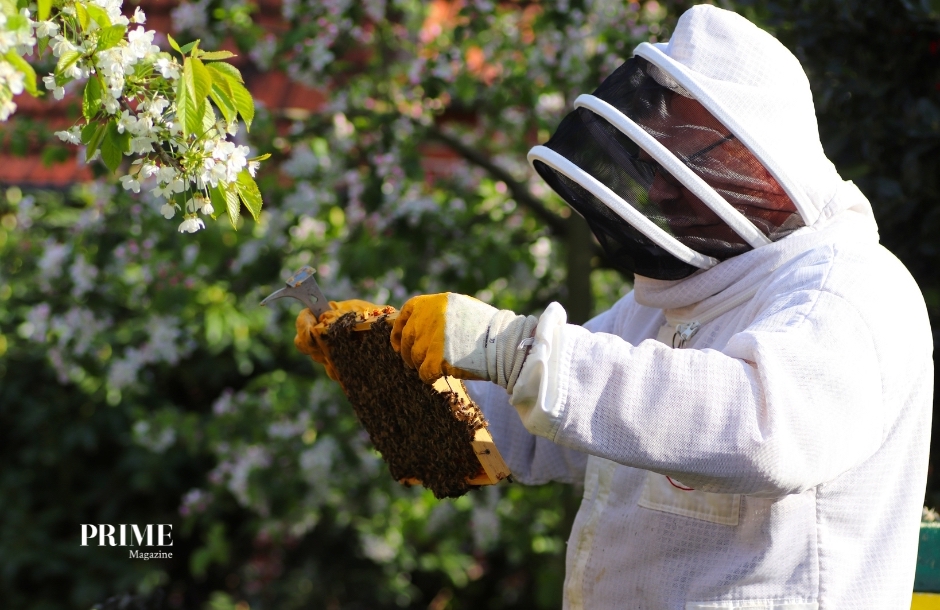
Man collecting honey
For thousands of years, honey was not just food but also medicine. Ancient Egyptians used it on wounds and in remedies for skin and eye problems. Today, honey is still valued for its antibacterial properties and natural healing benefits.
Can Honey Ever Go Bad?
While honey can last indefinitely, improper storage can cause problems. If exposed to air or water, it may ferment or spoil. Commercial honey is filtered and sealed to stay fresh for years. Even if it crystallizes or darkens, honey is still safe—just warm it gently to return it to liquid form.
Key Takeaway
Honey’s immortal shelf life is no mystery. Thanks to its low moisture, high acidity, natural enzymes, and the bees’ unique production process, honey can remain edible for millennia. Properly sealed, it truly is nature’s elixir of immortality. PRIME












Leave A Comment